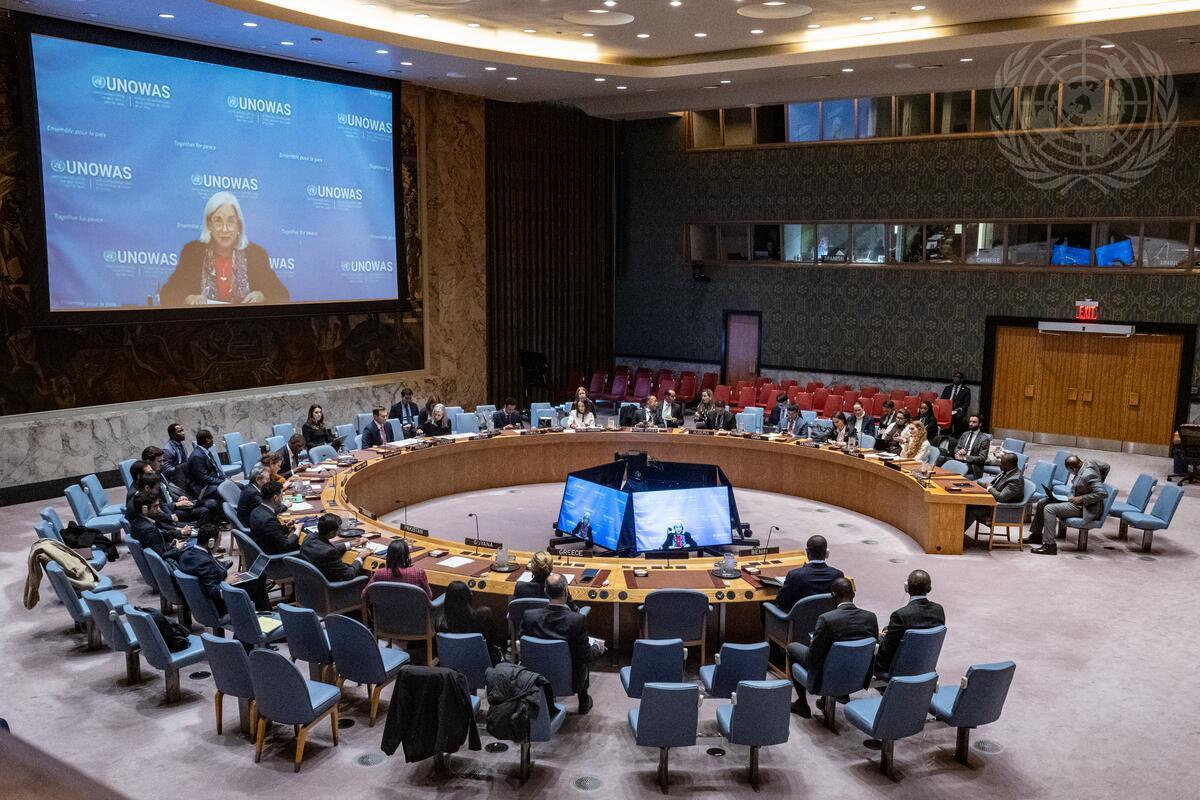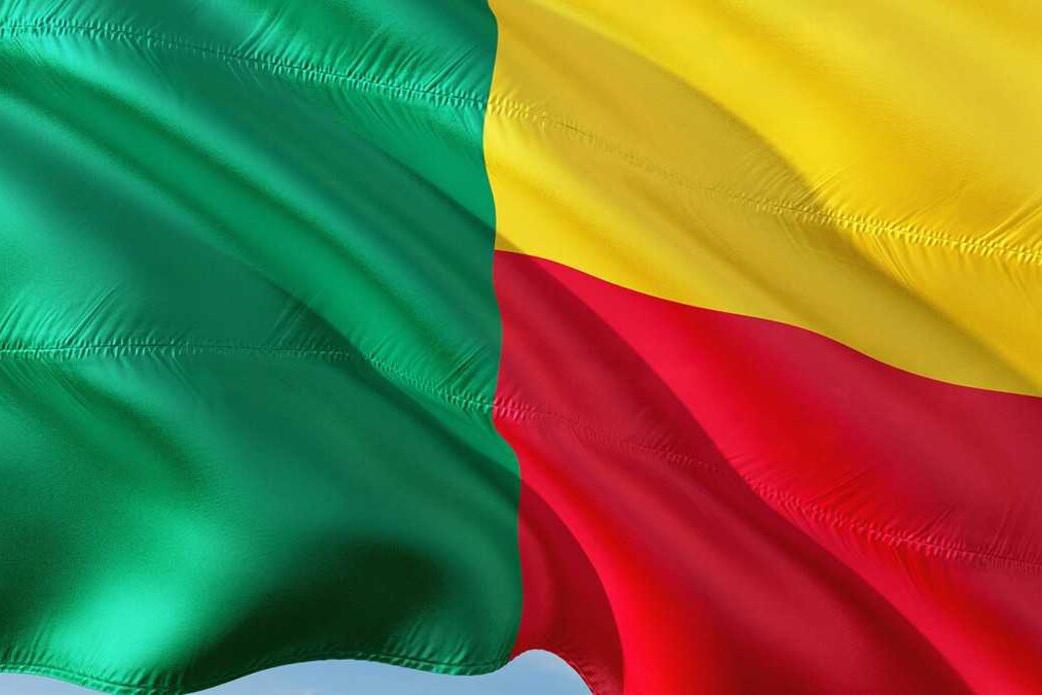Si la plupart des échéances électorales des dernières années en Afrique de l’Ouest se sont déroulées pacifiquement et librement, divers actes de violences ont pu cependant se produire. Quelle est la nature de cette violence et comment faire pour l’éradiquer définitivement ?
Depuis les années 90 les échéances électorales en Afrique de l’Ouest ont souvent été une occasion d’expression forte de violence. Le Togo en 2005, le Nigeria en 2007, la Côte d’Ivoire en 2010-2011, la Guinée en 2010, pour ne citer que ces pays, … ont connu des fortunes diverses. Cette violence, connue aussi bien des populations, des acteurs politiques, des dirigeants que de la communauté internationale, prend ses racines dans divers paramètres historiques, politiques, et socio-économiques., Cerner ces paramètres, permettrait de mieux agir en amont et prévenir.
La violence électorale est, une variante de la violence politique. Cependant, la violence électorale peut être distinguée de la famille de la violence politique, par son objectif particulier. Elle cherche en effet à influencer la conduite des électeurs, des candidats ou à travestir les résultats des élections. Pour ce faire, elle tente de retarder, d’empêcher le vote ou la compilation des suffrages, pour des résultats qui ne reflètent pas la vérité des urnes.
La violence électorale ainsi observée peut avoir lieu pendant n’importe quelle étape du cycle électoral. Elle peut se produire par exemple avant ou pendant le jour du scrutin, comme ce fut le cas lors des élections en Guinée en 2010. Elle peut aussi avoir lieu juste au lendemain des élections, comme lors de l’élection présidentielle au Togo en 2005 et même en Côte d’Ivoire en 2010.
Sur les origines et les causes de la violence électorale
Beaucoup d’analystes s’accordent à souligner que les élections ne sont pas la cause première de la violence. Les scrutins électoraux sont, en effet, beaucoup plus perçus comme catalyseur ou accélérateur du déclenchement de la violence. Toutefois, elles risquent d’intensifier les tensions existantes, en particulier lorsqu’ils ne sont pas tenues de façon crédible. Les causes lointaines de la violence électorale sont souvent à rechercher dans les situations de crises peu, mal ou non gérées.
Elle est plus fréquente dans les pays qui sortent d’une instabilité politique, d’une guerre civile ou d’un coup d’Etat. Les élections dans de tels contextes viennent raidir les positions des acteurs précédemment en conflit qui trouve en la violence, le seul outil pour s’exprimer. Il faut aussi noter que les violences électorales s’expriment davantage dans un contexte de transition démocratique ou de désarmement et de démobilisation suite à une guerre civile ; de manipulation réelle ou perçue des élections ; d’enjeux importants qui met en présence des ethnies, des clans, des puissances économiques en plus des acteurs politiques ; d’un écart non important entre les candidats ; d’un cadre juridique peu clair ou contesté ; des organes de gestion partisane ; du manque de transparence, y compris à propos des données électorales, de preuve ou perception de fraude lors du processus électoral ; d’un système uninominal majoritaire à un tour, d’exclusion de communautés spécifiques pendant le processus électoral.
Les déclencheurs et la manifestation
La violence électorale est déclenchée pendant la période électorale quand des parties en position de force ou de faiblesse constatent que l’autre partie établit de manière unilatérale les règles du jeu électoral qui la favorisent. Les sujets sur lesquels ce déclenchement est plus rapide restent : la mise en place du fichier électoral, la mise en place de l’administration électorale et les résultats électoraux. La violence électorale se manifeste par des actes tels que : la violation du cadre juridique ; les paroles blessantes ou indécentes ; les assassinats ; les coups et blessures entre supporters rivaux ; l’intimidation des adversaires, des électeurs ou des agents électoraux ; le bourrage des urnes ; l’exclusion de communautés. Les actes de violence peuvent donc être ciblées contre : des personnes, qu’il s’agisse d’individus, de communautés ou même de candidats ; des matériels en l’occurrence, le matériel de campagne, les véhicules, les bureaux, les bureaux de vote,... Il existe donc entre autres : la violence électorale verbale et symbolique, la violence électorale psychologique, la violence électorale physique et la violence électorale structurelle ou institutionnelle. Dans l’un ou l’autre des cas, les électeurs peuvent être empêchés de participer au vote, contraints de choisir un candidat contre leur gré. Le résultat est que les élections seront soient perturbées soient annulées d’emblée.
Quelle approche pour prévenir la violence électorale ?
La prévention de la violence électorale invite sans doute à travailler sur les périodes de son expression, c’est-à-dire : avant, pendant et après les élections.
Avant les élections, il s’agit d’instaurer la confiance entre toutes les parties prenantes, pour l’établissement des règles de la compétition, autrement du cadre juridique et légal, qui garantit l’intégrité du processus électoral. Les actions à mener pendant cette phase incluent aussi la mise en place consensuelle de l’organe qui sera chargée d’organiser le scrutin. L’administration électorale, comprenant peu ou pas d’acteurs politiques, doit offrir à toutes les parties engagées le gage d’une compétition saine, équitable et juste. La mise en place consensuelle de la liste électorale, la production en toute transparence et la distribution effective des cartes d’électeurs permettent aussi d’éteindre de potentielles sources de conflits.
Pendant la période électorale qui coure depuis les campagnes électorales jusqu’à la proclamation des résultats, la transparence est requise pour toutes les opérations électorales qui sont menées. L’administration électorale a une grande responsabilité dans cette mission qui lui incombe d’ailleurs en premier. Elle devrait non seulement prendre ses décisions après concertations avec les parties, mais devrait aussi les publier en temps opportun. Aussi, elle doit s’assurer que les résultats détaillés des élections soient rapidement affichés, publiés du niveau le plus bas de la chaine électorale (bureau de vote) jusqu’au niveau le plus élevé (la circonscription électorale qui peut être, selon la circonstance le quartier de ville, la commune, le département ou le pays entier). De façon pratique, des mesures de protection contre la fraude le jour de l’élection qui aident à réduire le potentiel de violence comprennent le maintien du secret du vote, la numérotation des bulletins de vote et la manipulation sécurisée du matériel électoral.
Après la proclamation des résultats, vient la gestion de la période post-électorale. Elle est un peu plus délicate dans le cas de la contestation des résultats, par l’une ou l’autre des parties. Cette phase exige une impartialité du système judiciaire qui a la plus grande responsabilité. En effet, lorsque s’ouvre le contentieux électoral, l’institution chargée de trancher les différends ne doit prendre, ni donner l’impression de prendre, fait et cause pour l’une ou l’autre des parties.
Après l’inventaire de ses différentes actions qui sont propres à chaque phase du scrutin pour prévenir la violence électorale, il faut souligner qu’il y a d’autres dont l’accomplissement ne doit pas se limiter à une phase du processus. Leur intérêt est capital et elles demeurent transversales. Il est en effet question : d’évaluer la présence et la gravité des problèmes et griefs politiques et sociaux de longue date; réfléchir et mettre en œuvre des politiques de résolution de ces différends ; d’améliorer le processus électoral pour plus de transparence ; de travailler pour créer et entretenir la confiance. Les partis politiques et les institutions de la République se doivent aussi d’éduquer les populations et surtout les potentiels électeurs aux bonnes pratiques électorales.
La contribution des outils régionaux et internationaux
Pour renforcer l’exercice de la démocratie, entretenir la paix et éliminer la violence y compris électorale, la Communauté Economique des Etats de l’Afrique de l’Ouest (CEDEAO) a mis en place un certain nombre de mécanismes comme le Protocole Additionnel sur la Démocratie et la Bonne Gouvernance, Le Protocole propose une adhésion stricte aux normes constitutionnelles dans les pratiques électorales. Il rejette par voie de conséquence l’accession ou le maintien anticonstitutionnel au pouvoir, et définit les paramètres pour la conduite d’élections pacifiques et crédibles qui soient libres, équitables et transparentes.
L’Union Africaine participe aussi à la réduction de la violence électorale à travers son Protocole d’accord sur la sécurité, la stabilité, le développement et la coopération de 2002. Ce protocole indique que les élections transparentes et crédibles constituent un élément important qui favorise le respect du droit fondamental et universel à la gouvernance participative et démocratique. Il rejette aussi les changements non constitutionnels de gouvernements.
En coordination avec les diverses organisations régionales, les Nations Unies, à travers le UNOWAS et les différentes agences, ne ménagent pas leur effort et soutien pour aider à éradiquer la violence électorale et renforcer la bonne gouvernance en Afrique de l’Ouest.





